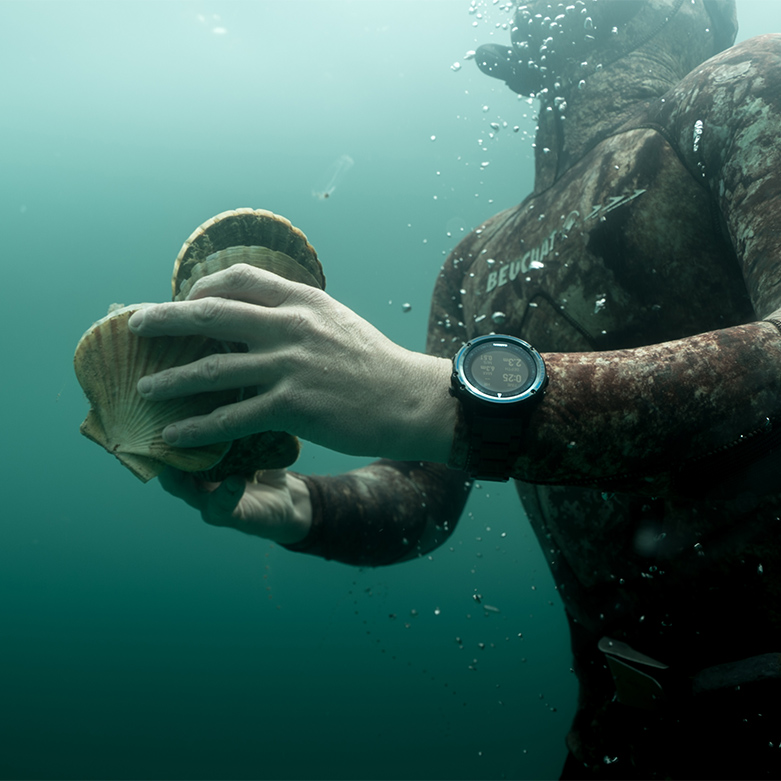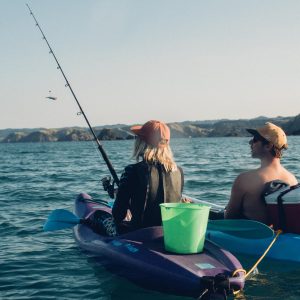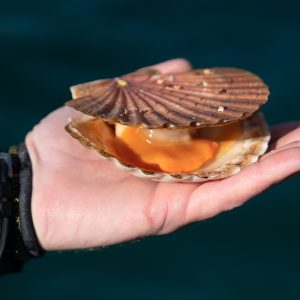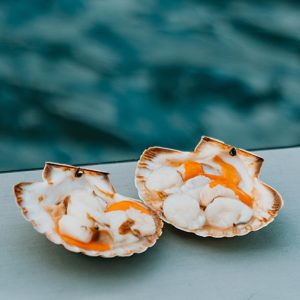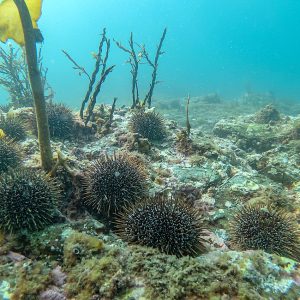By Andrew Johnson, New Zealand Sport Fishing Council.
The opening of the scallop season historically a day of celebration, spring is here and the days are getting longer. This year, it’s more sobering. Restrictions on scallop harvest mean that scallops are now virtually inaccessible to most kiwis.
We’ve all heard the lamenting cry ‘it’s not like it used to be’. In the case of the humble scallop this is correct. The question now has to be – how did we get here? And where to from here?
Without delving too far back in history an easy example was in 2010 when the commercial industry discovered a new ‘mother-bed’ of scallops in the Colville Channel in the Hauraki Gulf. The community said, (and I am paraphrasing) please don’t smash it, this is probably the source of the recruitment for all the other local scallop beds’. Sadly, the commercial fishers lobbied the Ministry and the fishery quadrupled. In less than 4 years it had collapsed and with it, scallop recruitment across the rest of the Hauraki Gulf also collapsed. Check the NZ Sport Fishing Council submission here.
We’ve watched the ongoing mismanagement of scallops for too long. With no appetite by bureaucrats to address any of these issues it’s become clear that it is we, the recreational fishing community, that have to lead by example if there is going to be any change in our lifetimes.
One of the things that I can no longer condone is scallop dredging. This is the technique where fishers use heavy metal dredges to clear the seafloor and scoop up scallops. It is arguably the most destructive fishing method and it is well outdated. Every time they scrape over the sea-floor the dredges smash every other marine animal and plant in its path, re-suspending silt in the water column and smothering anything lucky enough to survive the initial onslaught. Banning this fishing technique should have happened years ago.
Three years ago at the New Zealand Sport Fishing Council AGM delegates from clubs from all over the country agreed that scallop dredging was a destructive fishing technique and passed a progressive policy encouraging members to stop using scallop dredges in sheltered waters. This effort to minimise our collective impact on the marine environment has led to quite an unexpected sequence of events.
Retailers like Bunsco were validated in their decision not to sell scallop dredges. It also gave the likes of Hunting & Fishing and Marine Deals confidence to stop selling dredges.
A few weeks later, the Chair of the Opito Bay Ratepayers Association, Chris Severne called and expressed their concern for the state of the scallops in Opito Bay. They were encouraged to reach out after hearing about our policy.
Fast forward as the momentum continued to build. Supported by the community, Ngati Hei laid a rahui on their entire rohe moana in the Coromandel and encouraged people to stop taking scallops. Wildly popular, this later became a by-law and two-year temporary closure.
Unfortunately for the community around Omaha and Warkworth, the commercial scallopers simply moved their efforts to beds off Little Barrier. Thankfully, this displaced effort was swiftly dealt with by Ngati Manuhiri who laid a rahui across their rohe moana in an effort to stamp out further destruction.
Finally, NIWA conducted the first comprehensive scallop survey up and down the east coast, in almost a decade. Their findings validated our concerns. Among other alarming facts, the scallop populations (biomass) in the Hauraki Gulf Marine Park had declined from 776 tonnes to 52 tonnes in just 10 years!
It was only after all this that Fisheries New Zealand finally acted to cut the commercial scallop quota and concentrate all scallop fishing to (ironically) off Little Barrier and the Colville Channel. Yet, resisting all the science, they have no intention of banning scallop dredging.
As a fisherman, it is clear to me that we need to ensure our fisheries remain abundant and diverse. We, the fishing community need to keep pushing for better practices from both commercial and ministry. There’s been a huge shift by the recreational fishing community but we also can do more. Do you own a scallop dredge? Please throw it away, learn to dive. Don’t be part of the problem. Small changes en masse can have an impact. It’s only by working together that we can save our coastal fisheries. If you don’t want to worry about it yourself, worry about it for your children and grandchildren.
